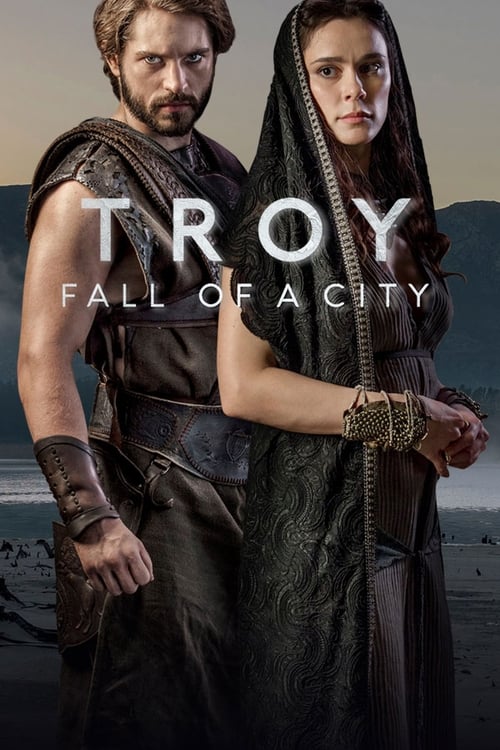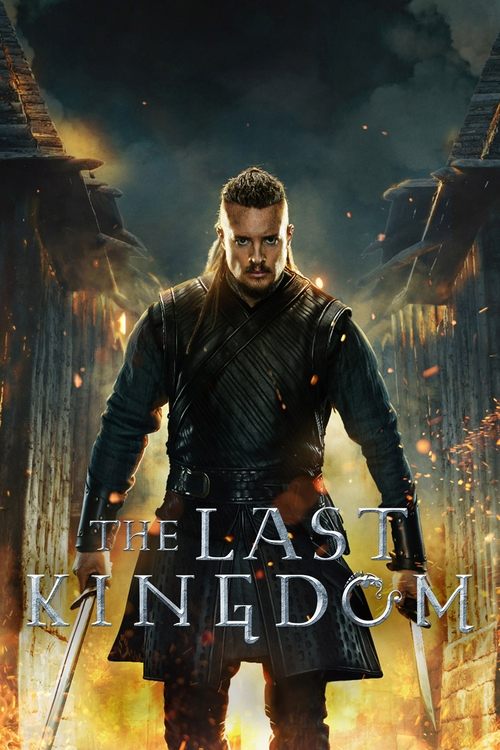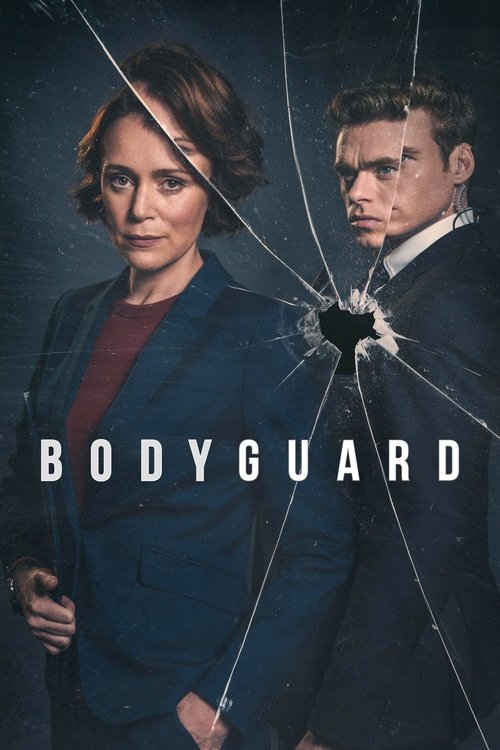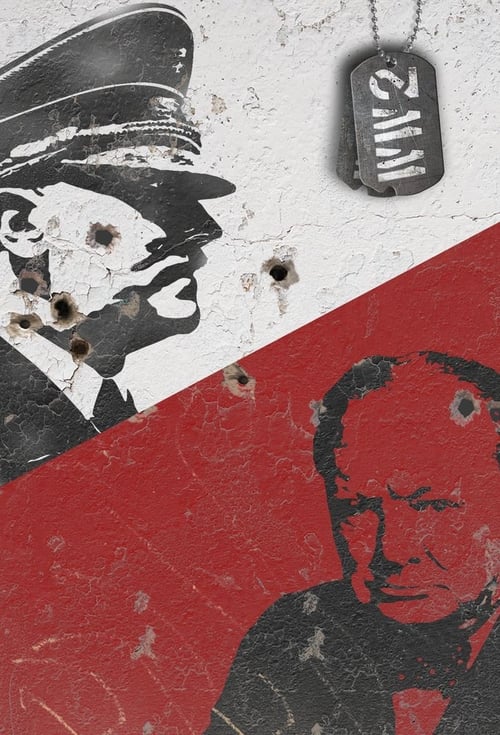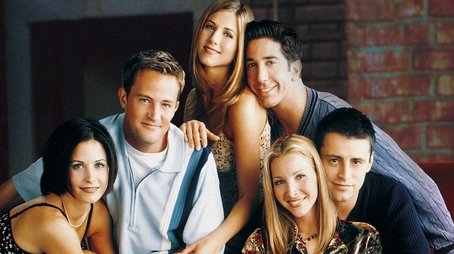
Ask Your Own Question
What is the plot?
The story begins in the city of Troy, where the Trojan prince Paris is captivated by the beauty of Helen, the wife of Menelaus, the king of Sparta. Paris, driven by desire, visits Sparta and seduces Helen, leading to her decision to leave her husband and return with him to Troy. This act of betrayal sets off a chain of events that will lead to war.
Menelaus discovers Helen's absence and is furious. He seeks the help of his brother Agamemnon, the powerful king of Mycenae. Agamemnon, eager for glory and to assert his dominance, agrees to lead a coalition of Greek forces to retrieve Helen and punish Troy. He calls upon various Greek leaders, including Achilles, the greatest warrior, and Odysseus, known for his cunning.
As the Greek forces gather, Achilles is initially reluctant to join the campaign, feeling that the war is not worth his time. However, he is eventually persuaded by the promise of glory and the chance to prove himself in battle. His mother, Thetis, a sea goddess, warns him of the fate that awaits him if he goes to Troy, but Achilles is determined to pursue his destiny.
The Greeks set sail for Troy, and upon their arrival, they lay siege to the city. The Trojans, led by King Priam and his sons, including Hector, prepare to defend their home. Tensions rise as both sides engage in skirmishes, showcasing the valor and strength of their warriors. Hector, a noble and honorable fighter, stands as the primary defender of Troy, while Achilles becomes increasingly frustrated with Agamemnon's leadership.
A pivotal moment occurs when Agamemnon seizes Achilles' war prize, Briseis, a captive woman, to assert his authority. This act of humiliation enrages Achilles, leading him to withdraw from the battle and refuse to fight for Agamemnon. He retreats to his tent, consumed by anger and a sense of betrayal, while the Greeks suffer losses without their greatest warrior.
As the war drags on, Hector leads the Trojans to several victories, pushing the Greeks back to their ships. The tide of battle turns against the Greeks, and they begin to lose hope. Meanwhile, Achilles grapples with his emotions, torn between his desire for revenge and his sense of honor. His close friend Patroclus, worried about the Greek plight, convinces Achilles to let him wear his armor and lead the Myrmidons into battle.
Patroclus fights valiantly, pushing the Trojans back and gaining ground. However, he encounters Hector, who, believing he is facing Achilles, kills Patroclus in a fierce duel. This moment devastates Achilles, igniting a fierce rage within him. He vows to avenge his friend's death and re-enters the battle, seeking Hector.
Achilles confronts Hector outside the walls of Troy. The two engage in a brutal and intense fight, showcasing their skills and determination. Ultimately, Achilles overpowers Hector, killing him and dragging his body behind his chariot in a display of vengeance. This act shocks the Trojans and deepens the animosity between the two sides.
In the aftermath, Priam, heartbroken over the loss of his son, bravely approaches Achilles to plead for Hector's body. He appeals to Achilles' sense of honor and shared grief, reminding him of his own father. Moved by Priam's sorrow, Achilles agrees to return Hector's body, allowing for a proper burial. This moment reveals Achilles' humanity and the shared pain of loss that transcends the conflict.
As the war continues, the Greeks devise a cunning plan to infiltrate Troy using the infamous wooden horse. They leave the horse at the gates of Troy as a supposed offering of peace and retreat, while the Greek forces hide inside. The Trojans, believing they have won, bring the horse into the city, celebrating their victory.
That night, as the Trojans feast and celebrate, the hidden Greek soldiers emerge from the horse. They open the gates for the rest of the Greek army, who have secretly returned under the cover of darkness. The Greeks launch a surprise attack, overwhelming the unsuspecting Trojans.
The city of Troy falls into chaos as the Greeks wreak havoc, killing many Trojans and setting fire to the city. The once-great city is reduced to ruins, and the surviving Trojans are either killed or taken captive. Helen, now faced with the consequences of her choices, is left to confront the devastation her actions have caused.
In the end, the war concludes with the destruction of Troy, leaving a lasting legacy of tragedy and loss. The characters are left to grapple with the aftermath of their decisions, the cost of pride, and the futility of war.
What is the ending?
In the ending of "Troy: Fall of a City," the city of Troy falls to the Greeks after a long siege. The Greeks use the ruse of the wooden horse to infiltrate the city. Paris and Helen's relationship faces dire consequences, and many key characters meet tragic fates. Achilles is killed by Paris, and Hector's death leads to devastating repercussions for Troy. The city is ultimately destroyed, and the surviving Trojans are left to face the aftermath of their defeat.
As the final act unfolds, the tension in Troy reaches a boiling point. The Greeks, having laid siege to the city for ten years, devise a cunning plan to breach its walls. They construct a massive wooden horse, hiding their best warriors inside, and leave it at the gates of Troy as a supposed offering of peace. The Greeks then retreat, feigning defeat, which lures the Trojans into a false sense of security.
Scene by scene, the narrative begins with the Trojans celebrating what they believe to be their victory. They bring the wooden horse into the city, despite warnings from the seer Cassandra, who foresees the doom it brings. The atmosphere is filled with a mix of hope and ignorance as the Trojans revel in their perceived triumph.
As night falls, the Greeks hidden within the horse emerge, silently slipping out to open the gates for their comrades. The city is plunged into chaos as the Greeks pour in, attacking the unsuspecting Trojans. The once proud city of Troy, filled with life and culture, becomes a battleground, echoing with the sounds of clashing swords and desperate cries.
Amidst the chaos, Achilles confronts Hector's brother, Paris. Their long-standing rivalry culminates in a fierce battle. Achilles, driven by rage and vengeance for the death of his friend Patroclus, seeks to avenge him. The fight is brutal, showcasing Achilles' prowess as a warrior. Ultimately, Achilles overpowers Paris, delivering a fatal blow. Paris falls, and with him, the last hope for Troy's salvation.
Meanwhile, Hector's wife, Andromache, is left to grapple with the loss of her husband and the impending doom of her city. She witnesses the destruction around her, her heart heavy with grief and despair. The emotional weight of her loss is palpable as she searches for her son, only to find that the future she envisioned is shattered.
As the Greeks continue their assault, the once-mighty walls of Troy crumble. The city is set ablaze, and the Trojans are slaughtered or captured. Helen, caught in the turmoil of her choices, faces the consequences of her actions. She is taken by Menelaus, who seeks to reclaim her, but the love she once had for Paris complicates her fate. The emotional turmoil within her is evident as she grapples with guilt and loss.
In the aftermath, the city lies in ruins, a stark contrast to its former glory. The surviving Trojans are left to mourn their fallen loved ones and the destruction of their home. The fate of the main characters is sealed: Achilles, the great warrior, meets his end through Paris' arrow, fulfilling the prophecy of his demise. Hector's death leads to the fall of Troy, and Andromache is left to face a bleak future as a widow and a captive.
The story concludes with the Greeks celebrating their victory, but the cost of war is evident in the devastation left behind. The characters, once filled with ambition and love, are now shadows of their former selves, illustrating the tragic consequences of pride, betrayal, and the relentless pursuit of glory. The fall of Troy serves as a poignant reminder of the fragility of human life and the inevitable cycle of conflict.
Is there a post-credit scene?
The TV show "Troy: Fall of a City," produced in 2018, does not feature a post-credit scene. The series concludes with its final episode, wrapping up the narrative without any additional scenes or content after the credits. The focus remains on the dramatic events leading to the fall of Troy and the fates of the key characters, leaving viewers with a sense of closure regarding the story.
What motivates Paris to take Helen from Menelaus?
Paris, the prince of Troy, is driven by a mix of desire and destiny. He is captivated by Helen's beauty and sees her as a prize that can elevate his status. His actions are also influenced by the prophecy that foretold his role in the downfall of Troy, pushing him to embrace his fate.
How does Achilles' relationship with Patroclus influence his actions in the war?
Achilles shares a deep bond with Patroclus, viewing him as a beloved companion and confidant. Patroclus' death at the hands of Hector ignites a fierce rage within Achilles, transforming him from a reluctant warrior into a vengeful force. This personal loss drives him to seek revenge, showcasing the profound impact of their relationship on his motivations.
What role does Agamemnon play in the conflict between the Greeks and Trojans?
Agamemnon, as the leader of the Greek forces, embodies ambition and authority. His decision to take Briseis from Achilles sparks a critical rift between them, highlighting his arrogance and the consequences of his actions. Agamemnon's desire for power and control ultimately fuels the conflict, as he prioritizes his own status over the unity of the Greek army.
How does Hector's character evolve throughout the series?
Hector, the noble prince of Troy, begins as a devoted warrior and protector of his city. As the war progresses, he grapples with the weight of his responsibilities and the impending doom of Troy. His internal conflict is evident as he balances his duty to his family and his role as a soldier, ultimately leading to a tragic confrontation with Achilles that seals his fate.
What are the consequences of Helen's choice to leave Menelaus for Paris?
Helen's decision to abandon Menelaus for Paris sets off a chain reaction that leads to the Trojan War. Her choice is fraught with emotional turmoil, as she struggles with guilt and longing. The consequences are devastating, resulting in the loss of countless lives and the destruction of Troy, illustrating the far-reaching impact of her personal desires.
Is this family friendly?
"Troy: Fall of a City" contains several elements that may not be suitable for children or sensitive viewers. Here are some potentially objectionable aspects:
-
Violence and Warfare: The series depicts numerous battle scenes, showcasing the brutality of war, including bloodshed and injuries. The violence is graphic and may be distressing.
-
Sexual Content: There are scenes that involve sexual situations and nudity, which may not be appropriate for younger audiences.
-
Themes of Betrayal and Deception: The narrative explores complex themes of betrayal, manipulation, and the emotional turmoil that comes with love and war, which may be heavy for younger viewers to process.
-
Death and Loss: Characters experience significant loss, and the emotional weight of these events is portrayed, which could be upsetting for sensitive individuals.
-
Mature Language: The dialogue includes mature language and themes that may not be suitable for children.
Overall, the series presents a mature take on the legendary story of the Trojan War, with elements that could be challenging for younger audiences to engage with.

